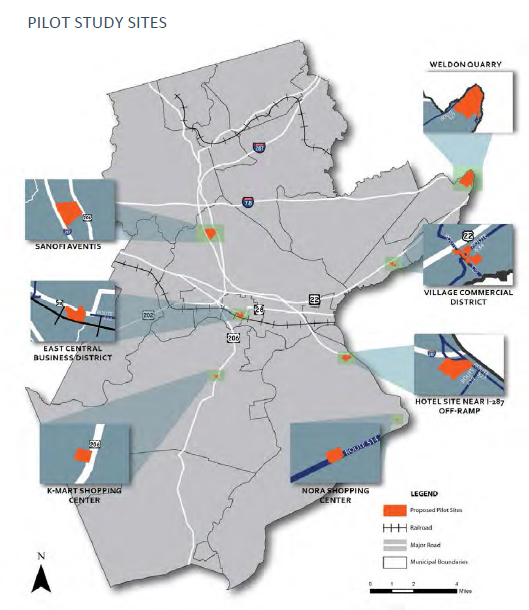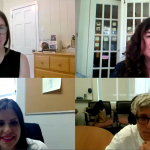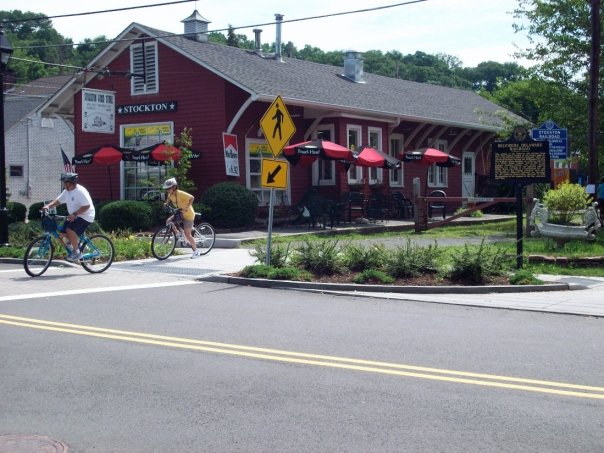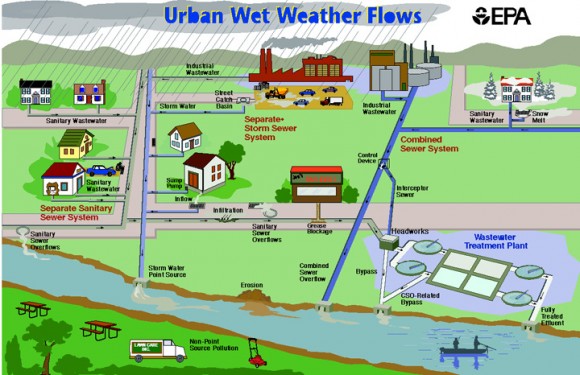New Jersey Future Blog
Forum Feature: We Need To Do Transportation Planning for People, Not Cars. And We Need To Do It Fast.
April 6th, 2016 by Elaine Clisham
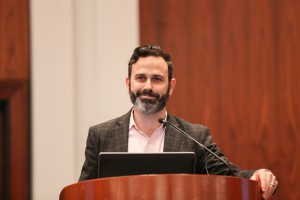
Gabe Klein at the 2016 Redevelopment Forum.
In his keynote remarks at New Jersey Future’s annual Redevelopment Forum, urban innovator and transportation expert Gabe Klein, author of Start-Up City: Inspiring Private and Public Entrepreneurship, Getting Projects Done, and Having Fun, urged planners and policymakers to rethink completely how they approach the relationship between transportation and place. Despite what we may have been told, he said, the goal of transportation should be not moving people safely, but rather bringing people to places where they want to stay. And too often, he said, places that have been designed around cars are merely places we want to drive through.
“Reverse the modal hierarchy,” he said, and put pedestrians at the top of the transportation-planning priority list and cars at the bottom. With the growth of what he referred to as the collaborative economy, there will be much less emphasis on owning cars, which he characterized as assets that sit idle for “23 hours a day,” and more on having access to a shared supply of them when we need it — extending the concept of mobility as a service from transit to the automobile. This, along with the technology to manage the logistics of demand, will reduce the need for cars, car infrastructure and car storage, and will present us with a unique opportunity to imagine those places as greener, more sustainable and more vibrant, re-envisioned with people’s happiness in mind.
He also stressed the need to understand the difference between spending and investing: Spending, he said, is stimulus for today, putting people to work, but investing is focused on people’s future. We need to concentrate on investments, because they not only provide jobs, but also foster economic growth. He cited investments in transit as an example, pointing out that “everyone wants to live five or 10 minutes from everything.” Amenities, he said, are drawn to transit assets, and people are drawn to amenities. Thus transit can be profitable, he insisted, as long as it is connected to land use.
“In Chicago, in two years you could be indicted.”

